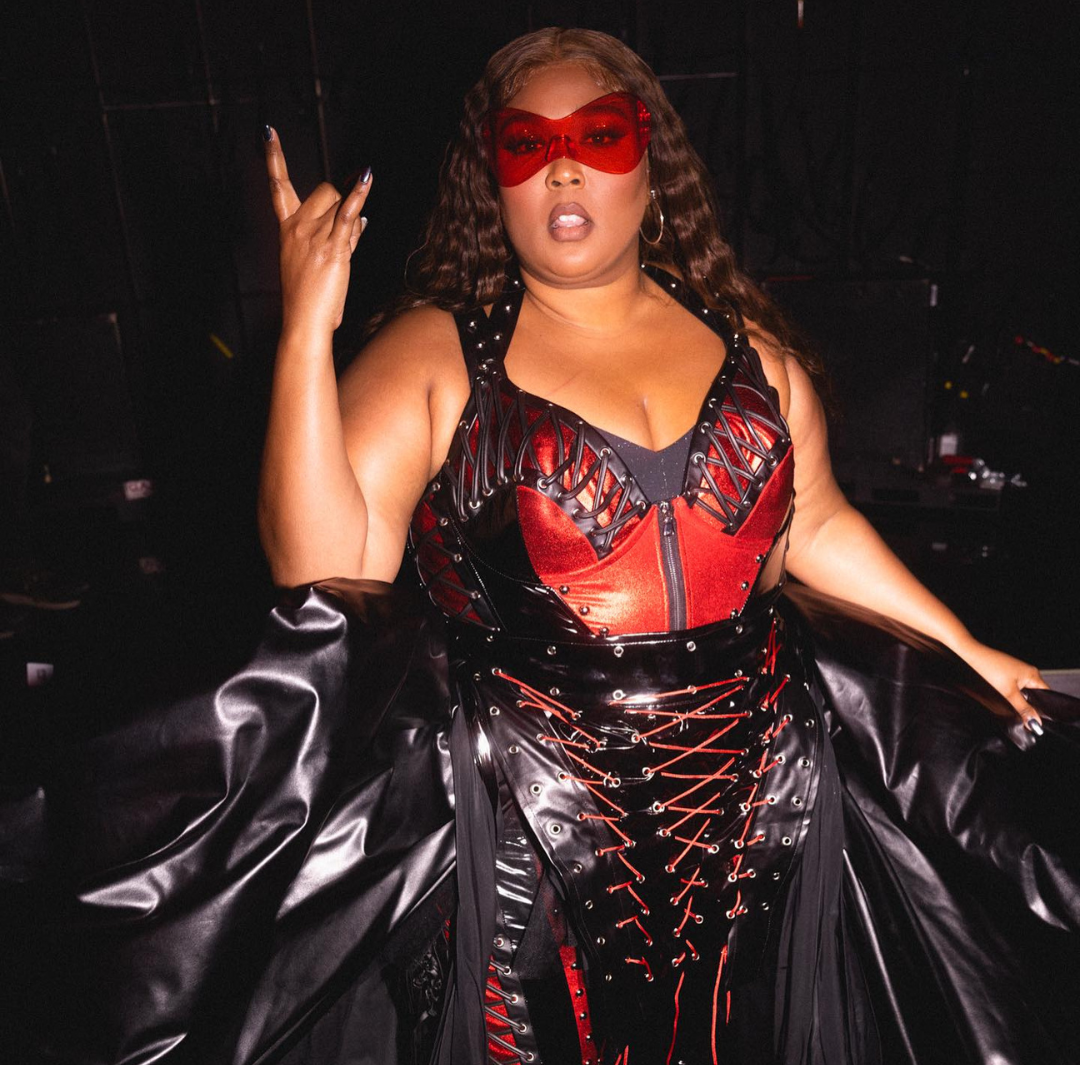This past week, former dancers filed a lawsuit against singer Lizzo, citing a “hostile” workspace where they faced fat shaming and sexual harassment. Lizzo has denied all allegations.
Following the initial allegations, many others who have worked for and with Lizzo in the past came out to support the dancers – something that has taken the internet by absolute surprise.
Sophia Nahli Allison, a documentarian who was hired to do a documentary on Lizzo, shared her own experience on social media on August 2.“I walked away after about two weeks. I was treated with such disrespect by her. I witnessed how arrogant, self-centred, and unkind she is,” she wrote.
Everything that has unfolded over the last week is in complete contrast to the kind of public persona Lizzo has crafted in the previous couple of years. With her appeal for more self-love, many considered Lizzo an icon in an era when we’re questioning beauty norms and seeing an increase in representation of people of colour and other marginalized groups in movies, TV and in the music world.
But Lizzo’s behaviour is only the latest in a string of toxic behaviour from pop stars. In the 1991 documentary/musical Madonna: Truth or Dare, chronicling the pop star’s controversial 1990 “Blonde Ambition” international tour – a scene, in particular, stands out. She dares one of her dancers to unzip his pants, which he proceeds to do, prompting uproarious laughter and visible exasperation from another dancer who storms out. Madonna’s behaviour on tour resulted in a similar situation, when three dancers later sued the singer for invasion of privacy, fraud and distress, ultimately settling out of court.
Stars like Matty Healy are infamous for their controversial on-stage behaviour, and we never really know what goes on behind the stage when the lights are off. Since the Lizzo allegations began circulating on the internet, there are also of course some people in defence of the singer. Many believe that the accusations are baseless, an attempt to take down another ‘successful woman’. Some also went as far as to suggest that the dancers should loosen up and “have some fun” – because they’re lucky they get to work with Lizzo for a living. But whether or not the allegations are true is for the court to decide.
For us, who spend thousands on tickets, concerts are entertainment, so it’s easy to forget that for the hundreds who work behind the stage – it’s a workplace like any other. And they deserve to demand better working conditions as well.
Workplace harassment comes in many forms, and data shows it proliferates around the globe. According to a 2021 International Labour Organization (ILO) survey of 75,000 workers in 121 countries and territories, nearly a quarter of respondents across industries report they have experienced violence and harassment on the job.
And although working in entertainment may be a dream for many people, this kind of non-traditional gig – such as touring with a performer, appearing in a reality television show or in theatre – can create a set of conditions rife with the potential for workplace harassment.
Lizzo’s case is still pending, but the very public nature of the complaints has sparked an essential conversation about work in non-traditional settings, particularly in the arts. The creative sector may lay out a specifically complex foundation for experiencing, recognising and reporting sexual harassment, experts say power and privilege always play a role in workplace dynamics, no matter the industry. In recent years, we have set stricter rules for how people in power need to behave — in corporate workplaces and even on movie sets. So, why do we let pop stars off the hook?




